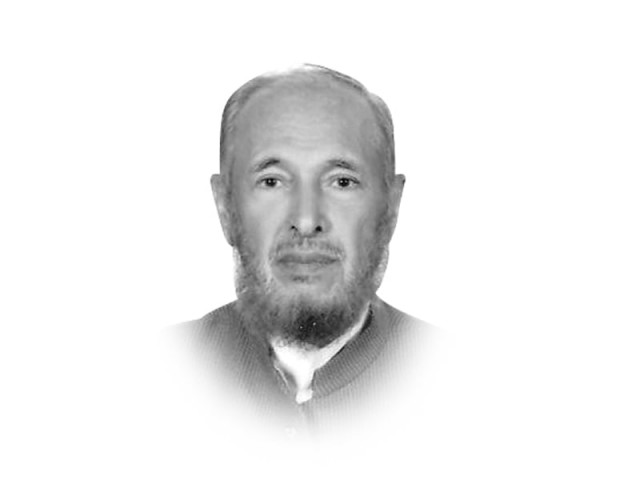Iran-US prisoner swap complete
Five US citizens held in Iran have been set free in exchange for five Iranian citizens

The prisoner exchange deal has finally been sealed after two years of hard negotiations between the US and Iran. The talks were mediated by Qatar and Oman. Five US citizens held in Iran have been set free in exchange for five Iranian citizens who have also been released. In addition $6 billion of Iranian assets held in South Korea have also been released to Qatar for transfer to Iran.
The reaction in the US has been mixed with many senior Republican leaders harshly criticing the deal as an ‘undeserved concession’ to Iran. Many more are of the view that the deal would encourage Iran to take hostages for political reasons. In Iran the deal was welcomed as a manifestation of Iran’s stand vis-a vis the US on the unlawful withholding of Iran’s assets. The deal comes at a very interesting time for Iran as the country was observing the first death anniversary of a female dissident who died in captivity for defying the strict rules of hijab imposed by the Islamic regime. There have been widespread demonstrations against the growing poverty and unemployment in the wake of the sanctions imposed by the US and allies. The economy is on the verge of collapse. The release of $6 billion would somewhat reinvigorate the economy for a short period of time.
Many observers were of the view that the prisoners deal would be just a first step on the long road to eventual normalisation of relations between the two adversaries. But Washington did not drop any such hint of a sustained dialogue that could help restore the fraught relations. Instead, President Joe Biden in his address to the UN General Assembly struck a defiant note and emphasised that the US and its allies would continue to work together to prevent Iran’s destabilising interventions in the region. Just a few weeks ago, the US sent thousands of more troops to the Gulf to deter Iran from any acts of impeding or obstructing the smooth flow of traffic in the Strait of Hormuz. In his General Assembly speech, President Biden also asserted that Iran would not be allowed to make a nuclear bomb.
But the two countries which have had hostile relations for so long would not be expected to swiftly proceed to normalise relations. There are many stumbling blocks. But the prisoners deal is a first step that could create an environment of more trust and more harmony. In an environment of more trust, the two countries could slowly build up a momentum for the revival of the nuclear deal that was nixed by President Donald Trump in 2018 and which led to more sanctions. There appears to be a willingness on both sides to begin a sustained dialogue for breaking the impasse that has existed in their relations for so long. This desire to move forward is not in evidence at this stage but signs are that negotiations at some level would continue. Both Iran and the US are heading to elections next year and any visible improvement in relations would impact the outcome of the polls one way or the other.
Both have to watch out for the spoilers --- in this case the state of Israel. But to reassure Israel that any thaw in relations or any revival of the stalled nuclear agreement would not create conditions for Iran developing a nuclear bomb, Washington would take a firm stand on its existing policy i.e. preventing Iran, at all costs, to develop nuclear weapons. That should satisfy the Zionist state. But Israel too knows well that once relations are on the mend, they can progress to a stage where the old beliefs and assumptions are no longer valid.
The Iran-US relations may slowly begin to show more progress in a rapidly changing political landscape of the Middle East. More Arab nations have diplomatic relations with Israel, and many more would follow soon. In that background any normalisation of relations such that would culminate in the revival of the nuclear agreement, and lifting of sanctions cannot be ruled out. Mediators like Qatar can continue their endeavours for a historic breakthrough in normalising ties between the two countries much to the relief of the people of Iran who are now looking forward to integrating with the world in all sectors — economy, culture, climate change, sports, education, etc. Iranian rulers would realise the dictates of changing times and would be expected to reappraise policies of interference in the affairs of regional countries. Iran with its immense energy resources would be a more progressive and more prosperous country minus its unwarranted adventures and support for regional militias and its many proxies in the region.
Published in The Express Tribune, October 7th, 2023.
Like Opinion & Editorial on Facebook, follow @ETOpEd on Twitter to receive all updates on all our daily pieces.















COMMENTS
Comments are moderated and generally will be posted if they are on-topic and not abusive.
For more information, please see our Comments FAQ